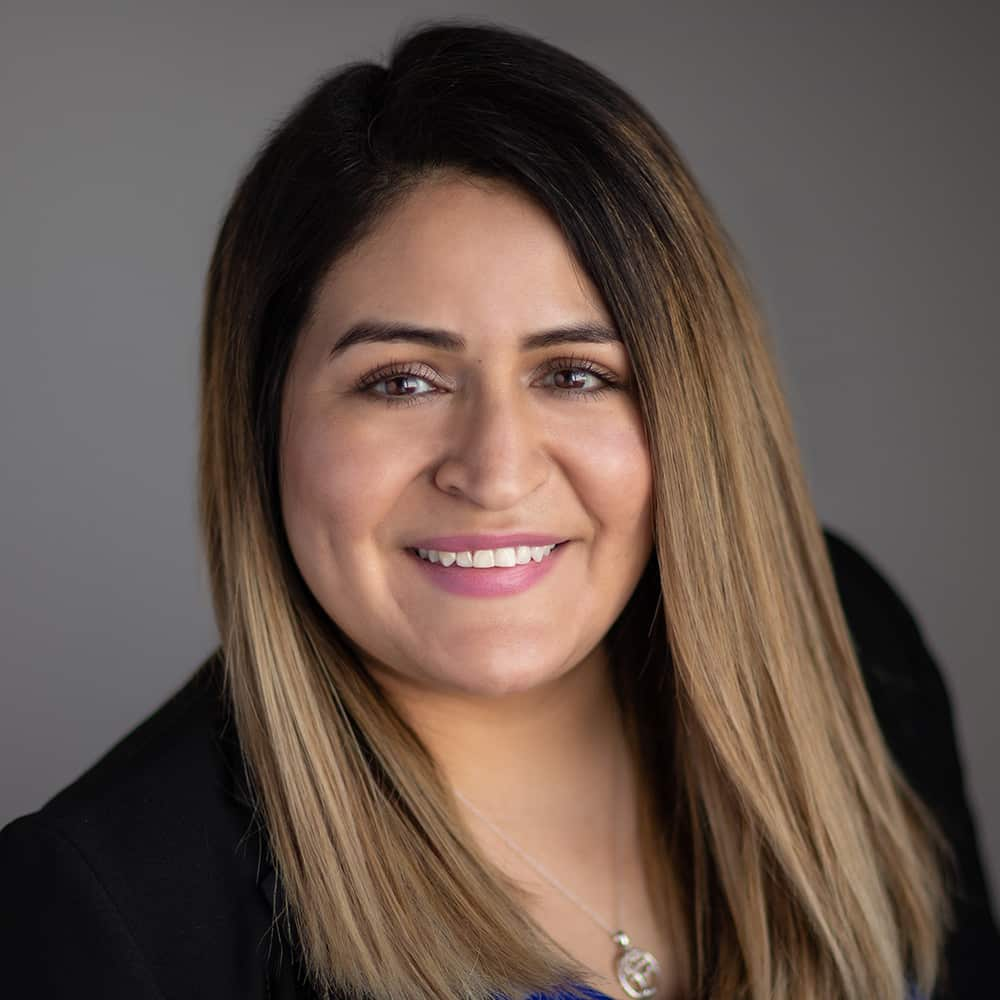So, you’re starting a new chapter in your life, and with that comes a new chapter for your finances! As you start or complete milestones, like graduating high school or college, your finances need to adapt with you. Continue reading for smart money tips whether you’re starting your college career, wrapping up your degree or taking on a new journey.
Create Financial Goals for Your Twenties
Before you start setting up your budget or opening a credit card, you should think about what your financial goals are. Maybe you want to build your credit, graduate with minimal student loans, travel or save enough for a down payment on a home or finance a car. Whatever your finance goals for your twenties are, write them down and remind yourself of them often.
Set a Realistic Budget for New Grads
One of the most important budgeting tips for young adults is knowing the ins and outs of your finances. First, gather all you can about your income stream(s) and your expenses such as rent, utilities, subscriptions and more.
Next, you should determine how to manage your budget in a way that works best for your short and long-term financial goals. Try the 50/30/20 approach or download a budgeting app to save time. Whatever your preferred personal money management tools may be, have a game plan for how you are going to make every dollar you earn count.
Establish Your Credit Early
Let’s be clear: establishing your credit does not mean opening every new credit card you are offered. Since building a healthy credit score takes a few years, starting now is a smart financial move in your twenties that may benefit you later, assuming you take good care of your credit.
There are various ways you can establish your credit, from a student credit card or reporting your monthly rent payments on your credit report. Building your credit now may help bolster that credit score, especially since the age and type of credit make up 20% of your VantageScore. A good credit score (a VantageScore of 640 or more) can allow you to get loans at better rates, better premiums for homeowner’s insurance, an apartment or a preferable phone plan. In short, you may be able to leverage a better credit score into greater deals.
Start Saving for an Emergency Fund
Emergencies happen, and an emergency fund is meant to help.
An emergency fund is extra savings set aside for times of financial distress. Think of it like shock absorbers on a car—if you hit a bump, you can feel safe knowing you won’t be jostled around.
If you’re following typical money management advice for young adults, you should have at least three to six months’ worth of expenses covered in an emergency fund. Even if you feel like you can’t afford to start saving money in your twenties, we highly encourage prioritizing an emergency fund because it could be the difference between staying financially fit or taking on unexpected debt.
Open a Retirement Account
“Retirement? But I’m only in my teens or twenties!”
Yes, and the earlier you start, the better!
It’s a good idea to think about retirement early on because the sooner you start contributing to your retirement account, the more money you’ll have through compound interest. If your employer offers a 401(k), think about transferring money from each paycheck to it. This is especially important financial advice to young adults who have employers that offer to match your contributions to a certain amount. In that case, aim to contribute enough to receive the match.
In addition to a 401(k), you could also consider a Roth or Traditional IRA. These two accounts can be great options to supplement your employer’s 401(k) or as a personal way to take control of your retirement savings. We realize that contributing the maximum amount each year may feel like a stretch, and that’s okay! Make contributions as you can but try to make it a priority within your budget.
Keep Your Information Secure
Now that you are possibly opening a new credit card or retirement account, it is important that you keep your account information secure.
Use unique passwords for each account, never share secure access codes and learn the red flags of scams. Check out our free Centris Cybersecurity Center for information about various scams, how to prevent them and what to do if you’ve been scammed.
Plan for Your Debt
If college is the next step in your journey, it’s helpful to know the approximate amount of student loan debt you may graduate with. This can help you plan for making repayments post-grad.
If you plan on taking out federal student loans during your college career, fill out your FASFA form each year. Doing so helps colleges and trade or vocational schools determine how much federal student aid you’re eligible to receive, including loans, grants and scholarships. You may also be able to apply for private student loans.
You may have a better idea of how much student loan debt you’ll have after your first semester, although costs may vary. Multiply the cost of your first semester by the number of semesters you plan to be at school and voila! You have a best guess estimate of how much debt you’ll have when you graduate. You can also keep a tab on your federal student loan balance by logging in to the Federal Student Aid site.
And if you’ve already graduated, you can see your full student loan balance and find your loan servicer by visiting Studentaid.gov. You typically enter a six-month grace period after graduation where your student loans are not due but are still accruing interest. This time gives you a chance to make a plan for how you are going to pay your loans back.
Manage Your Spending
Your budget will help you have a plan for your money, but there could be times when you may be peer-pressured or influenced to buy things you don’t necessarily need. When those times come, remember your financial goals and ask yourself a couple of questions:
- Do I really need this?
- Do I have something similar?
- Can it wait?
As tempting as it is, be conscience of impulse buys and ask yourself the above questions when an influencer tries to tempt you into something you don’t need or something that will impact your financial plan in your twenties.
Do a Financial Check Before Adopting a Furry Friend
Now that you’re out of your parent’s house or finally have free time since finishing school, you probably want a furry companion. Before you do that, double check your finances.
Owning a pet is no small financial task. You can expect to spend about $2,900 the first year of owning a dog and about $1,900 annually. These numbers can vary depending on where you live and what’s included in adoption fees. You’ll also need to make sure you’re prepared for any unexpected expenses such as sickness or broken bones. While pet insurance may help with these costs, pet insurance can still run you an average of $44 per month.
There are a lot of changes about to happen for you, so make sure your finances adjust with you! If you need help navigating personal finance for students and young adults, we’re here for you. Take a listen to our podcast, A Penny or Two For Your Thoughts, for great financial insights from subject matter experts. And if you’re looking for more personal money management tips throughout your week, follow us on Facebook, Instagram and LinkedIn.
Federally Insured by NCUA. Equal Housing Lender.




